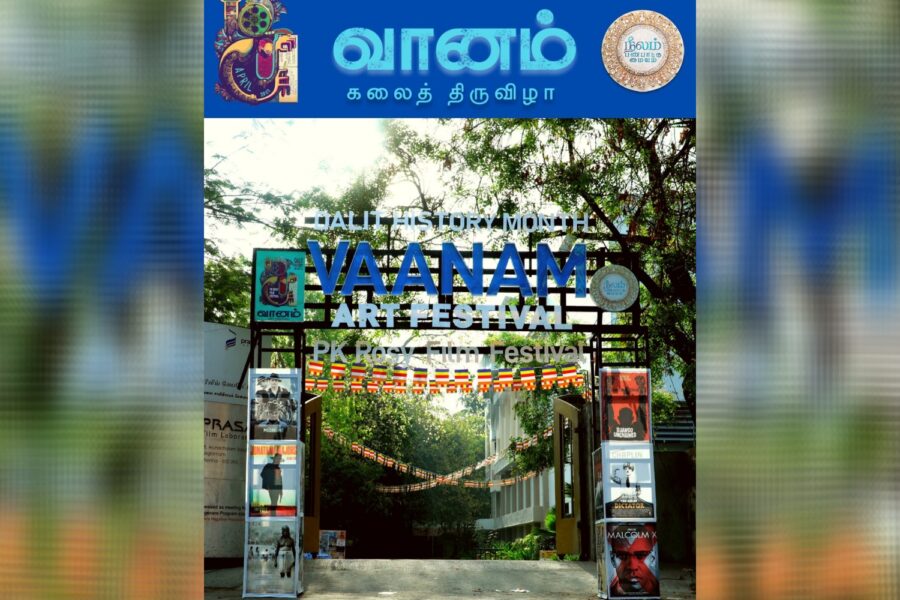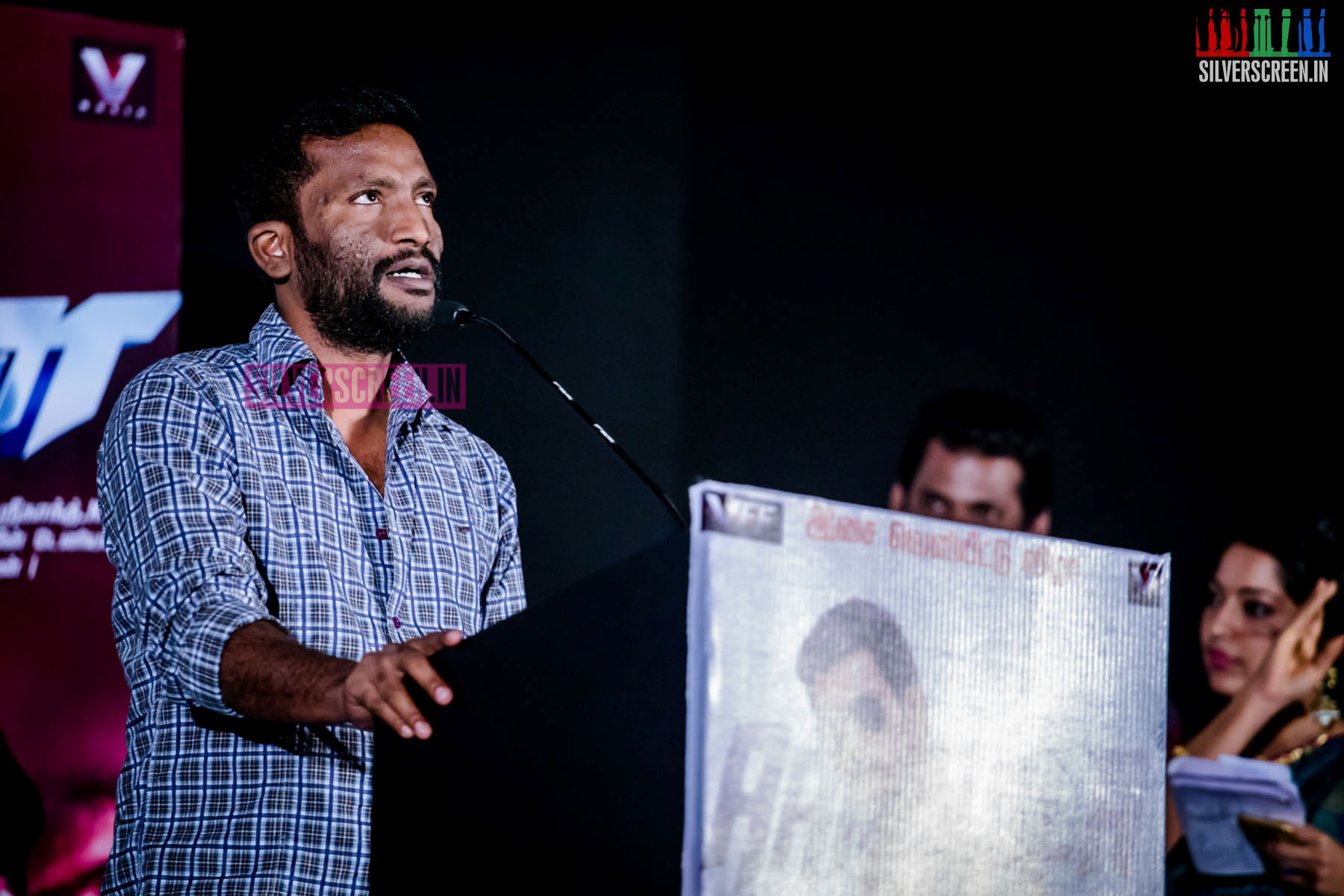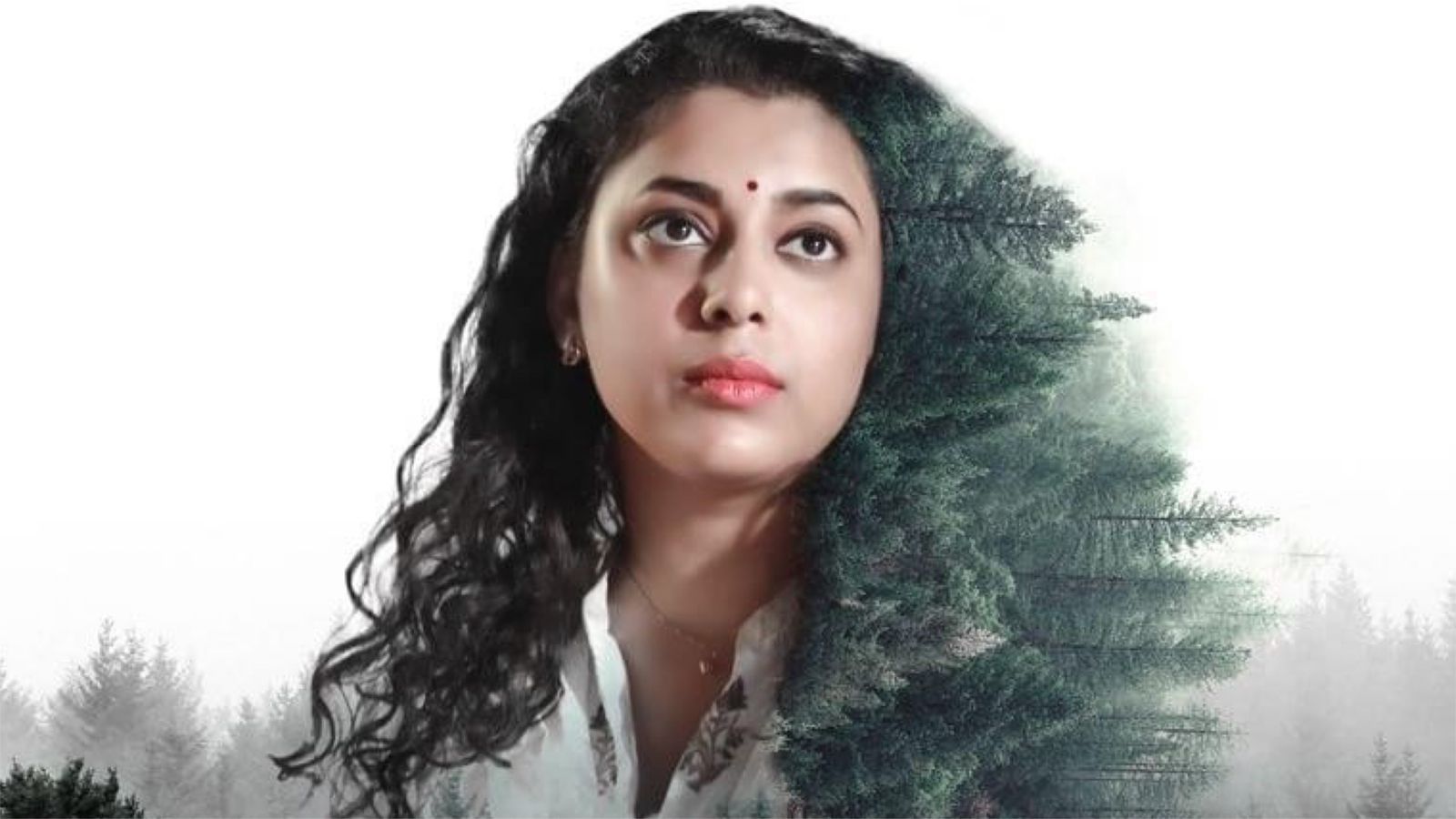Filmmaker Pa Ranjith, while speaking at the inauguration of the Vaanam Art Festival, at Prasad Film Lab in Chennai, on Saturday, said these kinds of events play an important role in understanding Dalit history.
Spearheaded by Ranjith’s Neelam Panpattu Maiam, the Vaanam Art Festival commenced on Saturday in view of Dalit History Month. The festival is set to host various events, from film screenings to art and photo exhibitions, which will be conducted until April 30. Dalit History Month is observed in April as the month includes the birth anniversaries of anti-caste icons BR Ambedkar (April 14) and Jyotirao Phule (April 11).
The Vaanam Art Festival began with a three-day film event, PK Rosy Film Festival, named after Malayalam actor PK Rosy, the first Dalit woman actor in Indian cinema.
On the first day, the films Seththumaan (Tamil), Asuran (Tamil), Palasa 1978 (Telugu), and Veyil Marangal (Malayalam) were screened at the festival. All these films talk about Dalit lives and the oppression they face in society.
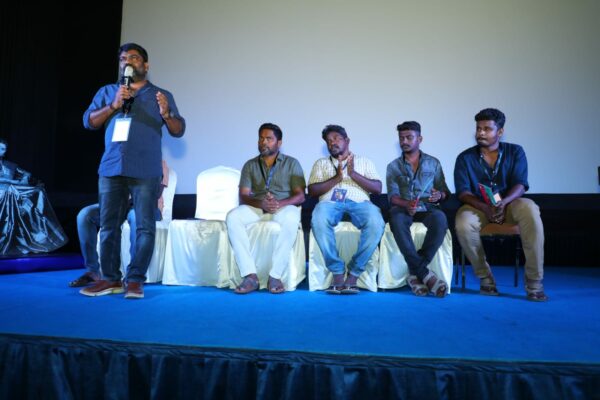
Speaking at the event, Ranjith said, “The Tamil diaspora’s main exposure to the culture is through cinema. Most of their discourse is related to cinema or politics. Both of these come from people and I think, it is important to understand them. It is also important to understand our history. This kind of event plays an important role in understanding and also learning about our history.”
He also added, “I only stepped into this field after I understood that cinema is not a simple medium. I have been making films for nine years now. Compared to earlier, I am happy to note that more conversations (about Dalit issues) have begun in recent times and films such as these are being shown at a festival. The main aim of the festival is to self-interrogate about what we are doing and what is happening around us. Why do we need films that talk about caste oppression and the system? I think it is important to discuss the reasons. Cinema and society are entwined and the art form’s influence is huge.”
Starting his speech with Ambedkarite slogan ‘Jai Bhim’, Karuna Kumar, director of Palasa 1978, said, “Within two weeks of releasing our film, theatres were shut due to the pandemic. It later streamed on Amazon Prime Video. No one from the Telugu film industry reviewed the film on Twitter because it is a Dalit film that talks about Dalit politics. There is caste everywhere. Ranjith anna was the one who tweeted about Palasa 1978 first, calling it an important film. Following that, many people saw it.”
*******
In Conversation with Silverscreen India:
We caught up with Ranjith just before the event began to talk about the shift in the lens of filmmaking and the portrayal of the oppressed in Tamil cinema these days.
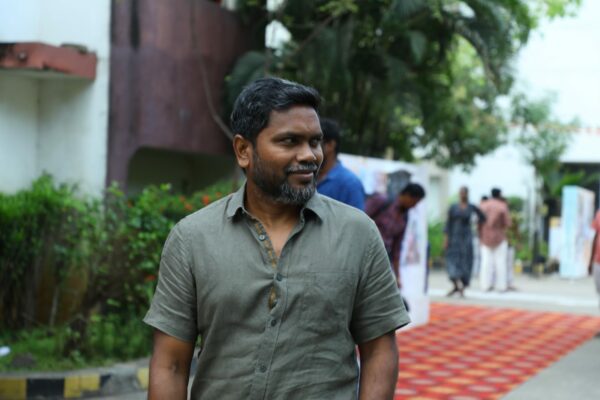
“In India, cinema is a mainstream media that all classes and castes watch and celebrate. There is still caste discrimination in temples and religious festivities, but theatres and cinema break such barriers in most cases,” he said.
“We can divide Tamil cinema into different eras, such as pre and post-Dravidian movement. I personally feel that 80s cinema was very casteist, and this extended even until the 2000s. It was in such circumstances that I started out. I began to search for myself in cinema and could not find anything relatable. There has been false narrative and stereotypical portrayal of certain groups. Even now, there are such films,” he added.
This prompted him to make films that would initiate discussion and focus on the untold stories of Dalit lives.
The director feels the Tamil industry is finally moving towards a healthy place now and is highlighting the plight of the oppressed.
The filmmaker, who is set to make his Hindi debut with the upcoming biopic of tribal leader Birsa Munda, believes that cinema is an international medium that cannot be limited within the structures of region or language. “Since I am here (in Tamil Nadu), I understand the language and make films accordingly. In the case of Birsa Munda, I see it as an Indian script and similar to stories of world leaders who have fought against oppressors. I don’t see the language barrier as a big problem; the thoughts and emotions in the story transcend it.”
Recommended
Ranjith worked with a star like Rajinikanth on two consecutive movies, Kaala and Kabali, when he was only a two-films-old director. Since then, several other young filmmakers have bagged projects with big names. When asked how he views the current pattern of star actors working with young filmmakers, Ranjith said, “It is definitely based on the talent and the belief the actors have in them. I see it as a healthy thing.”
*******
PK Film Festival is scheduled to take continue on Sunday and Monday. A total of 13 films about Dalit lives and caste oppression are set to be screened. For the full schedule of the film festival, see here. The full schedule of the art festival can be found here.
